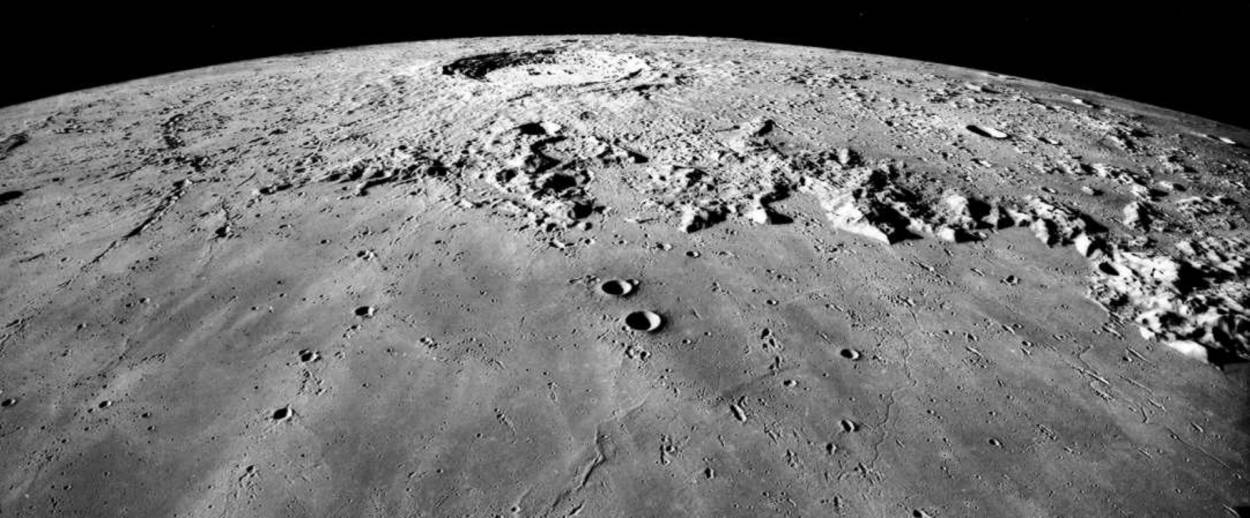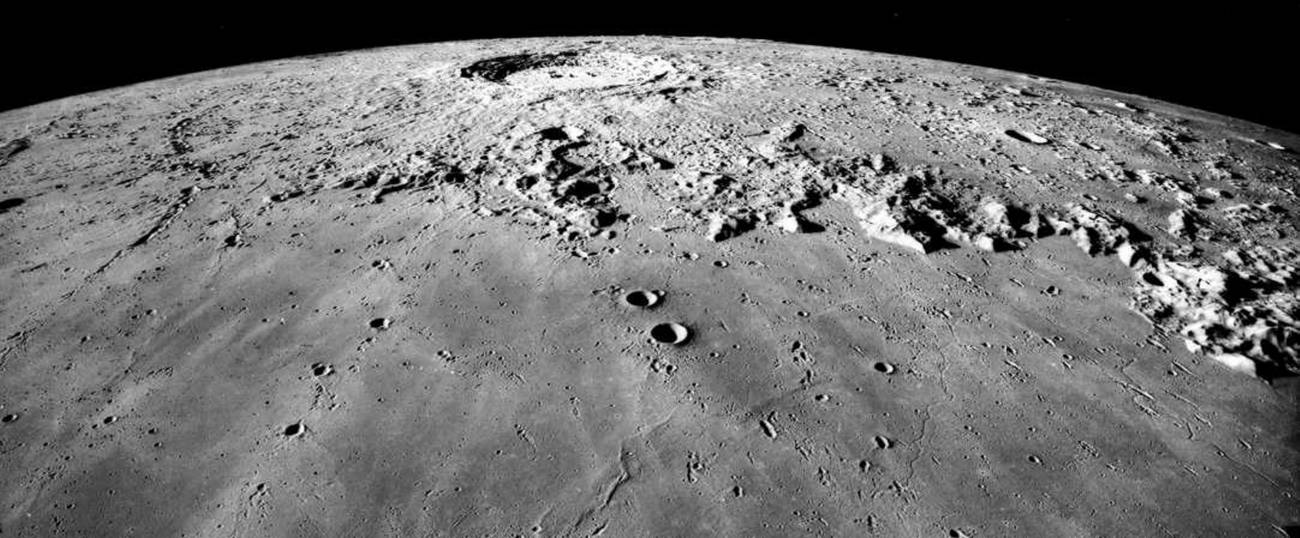iRobot
An Israeli space team has signed a launch contract to catapult its dishwasher-sized rover onto the moon




In an out-of-this-world competition created by Google, an Israeli team is making leaps and bounds, fast becoming the competitor to beat in a space race to the moon.
In 2007 the Google Lunar X Prize launched its outer space rat race, if you will, promising a $30 million prize to the first team to land a robot on the moon, explore the surface area for at least 500 meters, and transmit high-def video back to Earth. On Wednesday, an Israeli team called SpaceIL, announced that they’d signed a launch contract, and will use a SpaceX Falcon 9 launcher to catapult their feat into the galactic void in 2017.
If SpaceIL’s mission is successful, they will pioneer not only Israel’s first trip to the moon, but also the world’s first private lunar mission.
SpaceIL became the first Google Lunar X Prize entrant to sign a launch contract, leaving its competitors in the proverbial dust (for now). Other contestants have until 2016 to secure their launch contracts, and the deadline for all team to complete the mission in December 31, 2017.
At the press conference announcing SpaceIL’s launch parnership, Israel’s president, Reuven Rivlin, had the honor of lifting a sheet to unveil the spacecraft in front of a packed room. Using nano and micro satellite technologies, SpaceIL’s spacecraft is about the size of a dishwasher, according to their website. Ironic, since, at this point in the competition, they’re mopping the astral floor with the competition! The spacecraft will use a hopping technology, rather than a typical rover, to help the craft maneuver on the moon.
“This takes us one huge step closer to realize our vision of recreating an ‘Apollo effect’ in Israel—to inspire a new generation to pursue science, engineering, technology, and math,” a proud Evan Privman, SpaceIL’s team leader, said.
SpaceIL has also received funding from the Dr. Miriam and Sheldon G. Adelson Family Foundation, and Morris Kahn’s Kahn Foundation.
Related: Earthbound
Flower Children
Tess Cutler is an intern at Tablet.